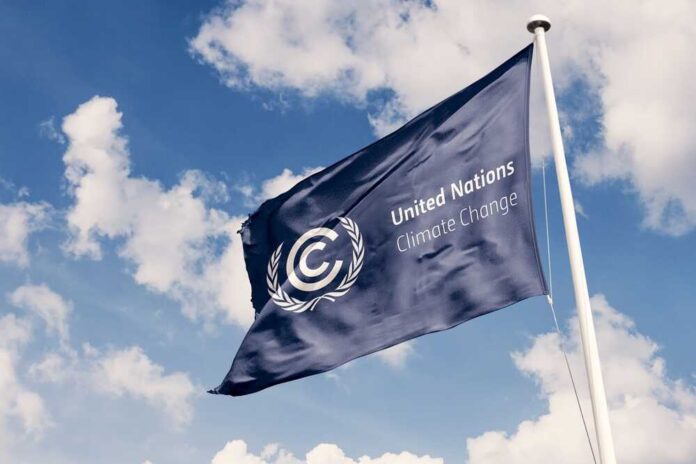Today, at the United Nations Environment Program (UNEP) headquarters in Nairobi, members of civil society and the private sector, top UN officials, heads of state and government, ministers, and the High-Level Segment of the UN Environment Assembly (UNEA-6) took place. World leaders have pledged to speed up international action in response to the triple planetary catastrophe of pollution, loss of natural habitat, and climate change.
Joining Kenya’s President, William Ruto, were other heads of state and government, such as Botswana’s Mokgweetsi Masisi, Djibouti’s Omar Guelleh, Gabon’s Transitional President Brice Nguema, Somalia’s President Hassan Sheikh Mohamud, Ethiopia’s Prime Minister Abiy Ahmed, and Haiti’s Prime Minister Ariel Henry, among many others.
This week, in the capital of Kenya, the world’s foremost environmental decision-making organization is gathering to address climate change, pollution, and biodiversity loss through international cooperation.
Governments, civil society organizations, scientists, and representatives from the commercial sector are all present at the sixth session of the United Nations Environment Assembly, which is being held in Nairobi.
Leila Benali, president of this year’s assembly, emphasized the need to strive to make “a tangible difference to people’s lives” during Monday’s inaugural session at the U.N. Environment Programme offices in Nairobi.
In 2022, during the most recent round of discussions held in Nairobi, governments passed fourteen resolutions, one of which called for the establishment of a legally enforceable instrument to stop plastic pollution worldwide. At the time, Andersen called it the biggest international environmental accord to curb climate change since the Paris Agreement.
Among the nineteen proposed resolutions at this year’s summit are measures to mitigate the adverse effects of metal and mineral extraction on the environment, restore damaged land, and fight dust storms.
However, reaching a unanimous decision on proposed resolutions is frequently challenging due to countries’ divergent objectives.
As the discussions come to a close on Friday, UNEP expects around seven thousand people to have attended.














